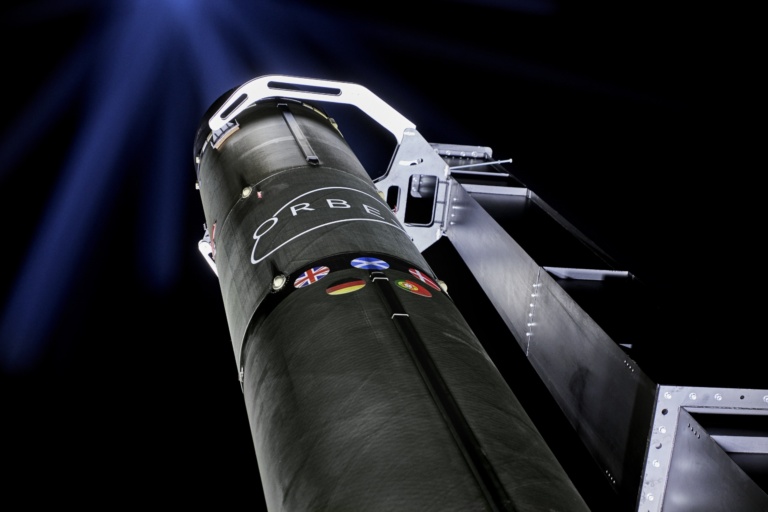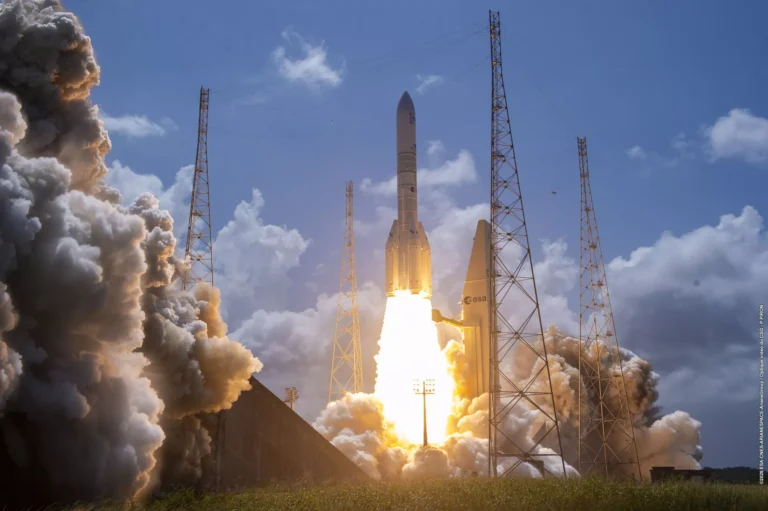Europe
Stories on the European space industry
Austria Commissions its First Military Sat
Austria is prepping to launch its first military-commissioned satellite to fight a growing, invisible threat—interference with satellite navigation.
ISPTech Raises €5.5M to Scale Green Propulsion Tech
Green energy is all the rage in Europe, and the trend is beginning to reach beyond the stratosphere.
OQ Technology Lands €25M in EIB Venture Debt Financing
Europe is driving hard on direct-to-device (D2D).
Skynopy to Integrate its First Ground Station in Kenya
The award is part of the French government’s push to have its businesses help modernize telecom infrastructure in developing countries.
SatVu Raises £30M to Accelerate its Constellation
SatVu’s plans for the new capital are twofold: accelerating deployment of its HotSat constellation, and fulfilling demand from across the market.
Kepler Plots European Expansion with NanoAvionics Deal
Kepler Communications and Kongsberg NanoAvionics have teamed up to put on a laser show for Europe.
OroraTech’s New Exec Plans to Step on the Gas
With Zuleta as a catalyst, OroraTech aims to grow to a few hundred sats in the coming years, with the aim of providing worldwide coverage, 15-minute revisit rates, and resolution as low as 50 m.
Orbex’s Troubles Open Opportunities for Skyrora
It seems Scotland’s two launch startups—Orbex and Skyrora—are playing by Highlander rules: There can only be one.
Deep Space Energy Pockets €980K to Build European Space Nuclear Power
The Latvian nuclear power startup is working on a solution for lunar missions hoping to survive the lunar night—a harsh, cold stretch of darkness lasting 14 Earth days that’s a death sentence for solar powered missions.











